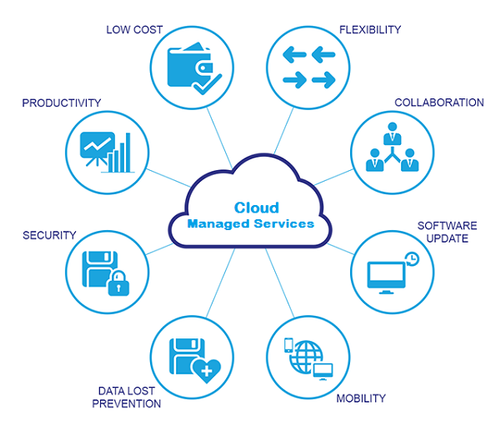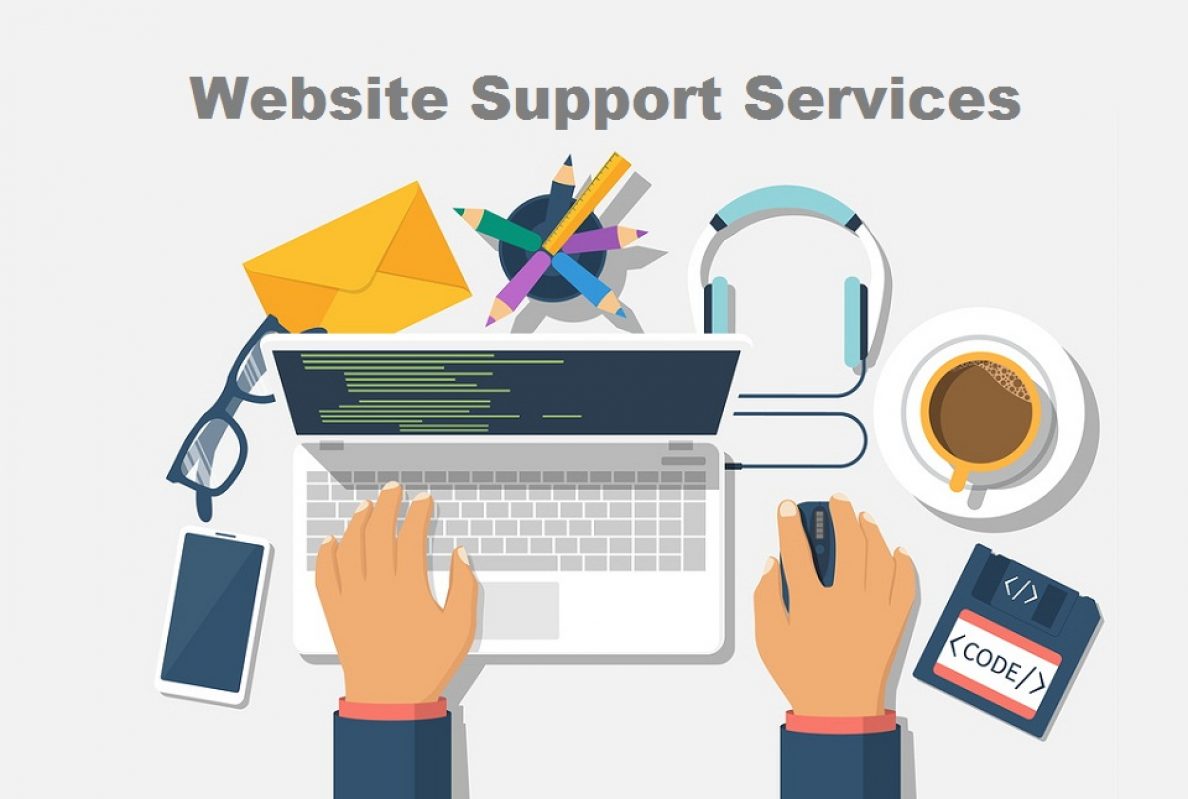Cloud computing is defined as the delivery of on-demand computing services over the internet. These services range from analytics and data storage to securing networking resources. Cloud applications are used on an everyday basis, such as sending a file, using a mobile application, downloading an image, or playing an online game.
From a business perspective, cloud hosting services improve productivity and enhance collaboration. It results in better data protection and easy access to resources through an expanded network. You may have heard about SharePoint or a similar data-sharing medium that can be accessed through the internet. Such is not the case with the data stored on a hard disk. Thus, cloud hosting services are beneficial to store, save, and secure your data.

Types of Cloud Computing
Private Cloud: As the name suggests, the private cloud lets you share your digital space among your business units. Private cloud platforms can be centered in a third-party data center and can still function in a private setting. Many businesses prefer private clouds to assure robust security measures. Cloud hosting services easily protect sensitive information, and you can access the data and know if there are any changes made to the system. It offers you the liberty to implement stern measures in case of an emergency.
Public Cloud: Cloud computing services offered by third-party vendors over the internet simply defines the role of a public cloud setup. It is designed in a manner that lets you access the resources without hustle. Public clouds are known to enhance web servers. It runs on a pay-as-you-go model,and you can exit when the task is done. In a layman language, it is similar to buying a subscription for an application and use its services until the subscription lasts.
Hybrid Cloud: While using a hybrid cloud, you can control a database and use the public cloud platform as well. It brings the best of both worlds. In case of an emergency, such as blackouts and sudden maintenance, you may want to shift your data from the private cloud to the public cloud. The use of hybrid clouds prevents data loss as you transfer important data and applications.Through cloud support services, you can store confidential data on the private cloud and work on non-sensitive tasks on the public cloud platform.
Examples of Cloud Computing Services
Cloud Storage
Cloud hosting services let you load all your data on the server without trouble. All your stuff is secured in one place, which makes it handy to access any document at a later time. In the case of a hard disk, it becomes cumbersome to carry the device with you. With the help of cloud computing services, you can retrieve your data in case of an emergency as it assures data backup.
Business Intelligence
Business processes have become easy with cloud hosting services offering analytics and reporting at a low cost. You don’t have to procure multiple licenses to operate the data. With a single license, you can transfer, store, and use data and applications to your benefit. Moreover, it does not require a lengthy setup process – everything is available on a click.
OffsiteNOC offers robust cloud support services at a competitive price. It provides easy network maintenance and security solutions. If you’re planning to switch to the cloud, you can connect with our team of experts for a productive conversation.

